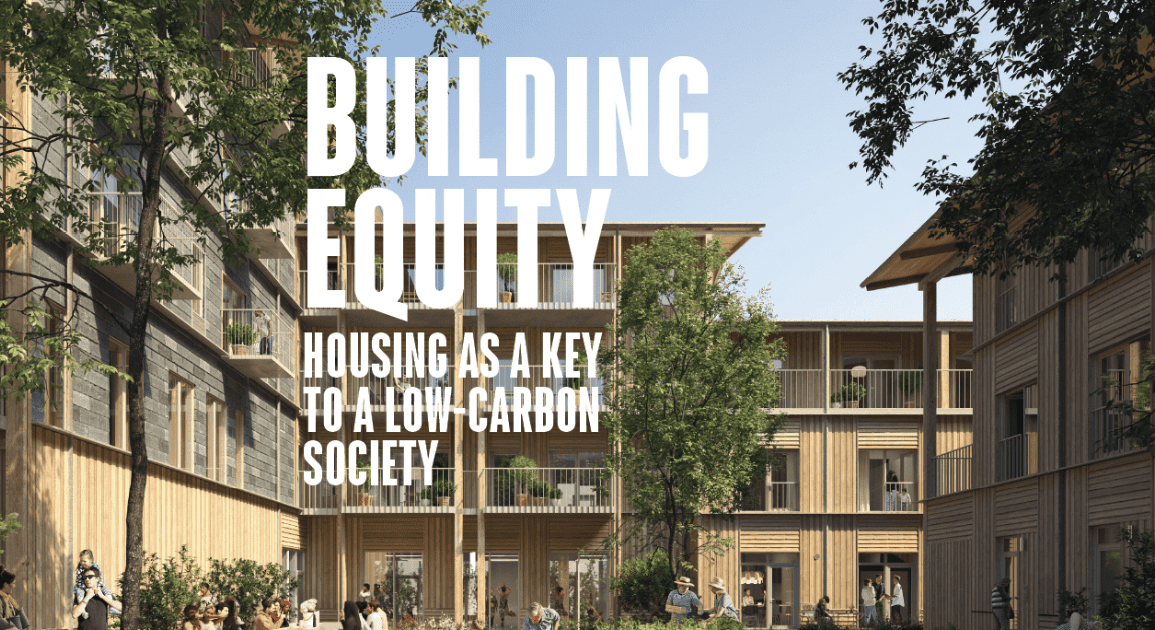

🏠 Context of the Report
The report titled "Building Equity: Housing as a Key to a Low-Carbon Society" was published in November 2024 by BLOXHUB, a knowledge hub focused on urban development, with contributions from The Shift and funding from the Laudes Foundation. This report is particularly pertinent as Europe grapples with a housing crisis and environmental challenges.
📊 Key Context
Currently, 10.6% of Europeans in urban areas are burdened by high housing costs. Simultaneously, the EU faces an urgent need to reduce carbon emissions in the built environment, with only ten years remaining on its carbon budget at current rates. To meet the Paris Agreement targets, new buildings must achieve a carbon content reduction of up to 94% by 2050.
🌍 Major Findings
The report identifies the intertwined nature of housing affordability and climate emergency, emphasizing that solutions must be simultaneous. Energy-efficient homes not only contribute to decarbonization but also enhance long-term affordability by lowering utility expenses. Key stakeholders in the housing industry are urged to reconcile the immediate costs of decarbonization with the need to maintain affordable housing.
🤝 Cross-Sector Collaboration
The report highlights the necessity of collaboration among public, private, and third sectors to tackle these challenges effectively. Public-private partnerships are crucial for securing long-term financing, while government backing through stable mechanisms and political leadership is essential for success.
💡 Innovation Areas
Several areas for innovation are identified:
• New Building Practices: Emphasizing regenerative design and flexible living spaces.
• Business Models: Focusing on infrastructure investments and profit-sharing with tenants.
• Financial Innovation: Developing frameworks for impact investments and blended finance.
• Policy Innovation: Fast-tracking permits and safeguarding against renovictions.
• Community Innovation: Promoting community land trusts and retrofit hubs.
📜 Key Recommendations
The report calls for recognizing housing as a fundamental human right and exploring new investment structures. It advocates for unlocking the innovation capabilities of the industry, fostering public-private collaboration, increasing the agency of developers, and enhancing knowledge and transparency within the sector.
🔍 Methodology
The findings are based on a thorough literature review, expert interviews, and three industry engagement workshops across Europe, alongside global consultations. This comprehensive approach aims to identify barriers and opportunities in the real estate sector, paving the way for sustainable and affordable housing solutions.